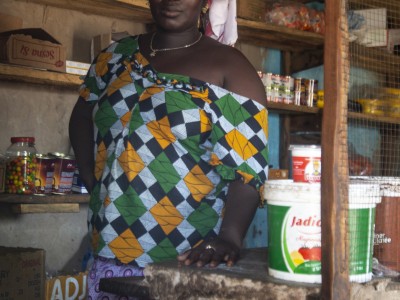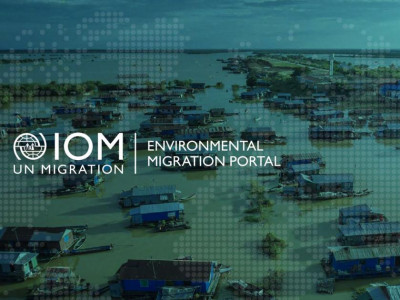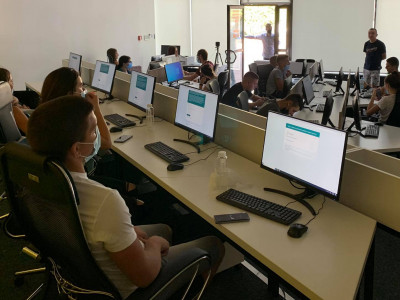Creating alternatives to migration by fostering economic development in the department of La Union
Joanne Irvine, jirvine@iom.int
Objectifs de Développement Durable Connexes et Objectifs du Pacte Mondial sur les Migrations
Résumé
This project comes from the JMDI Phase II, a UN Joint Migration and Development Initiative, run in cooperation by IOM, UNDP, ILO, UN Women, UNFPA, UNITAR which took place from 2012 to 2017 and worked to enhance the economic development of the municipalities of Conchagua, Intipucá and El Carmen by strengthening the value chains in the tourism and artisanal fishing sectors; ensure the full institutionalization of the initiative and further strengthen the existing networks/linkages that ADEL La Union has established at both the local and national levels.
The department of La Unión is a predominately rural area. Lack of capacities and economic opportunities means that this department has the highest portion of emigrants residing in the United States. Many from this population, mostly women and youth, emigrate because of the economic hardship they experience, as well as because of generalised and targeted violence.
Overall, the La Unión project enhanced the economic development of the municipalities of Conchagua, Intipucá and El Carmen by supporting the existing efforts of ADEL La Union at both the local and national levels to foster local economic development in the tourism and fishing industries
through the creation of strategic business plans created to benefit local operators in these sectors and create employment for youth.
Objectif clé
The main objective of the project was to enhance the economic development of the municipalities of Conchagua, Intipucá and El Carmen by strengthening the value chains in the tourism and artisanal fishing sectors; ensure the full institutionalization of the initiative and further strengthen the existing networks/linkages that ADEL La Union has established at both the local and national levels.
Principales activités
The efforts and activities implemented are outlined below:
- The first stage focuses on individual capacity-building and the
other focuses on strengthening the organisational capacity of businesses with the
support of the diaspora. - The involvement of the diaspora allows for the exchange of best practices and lessons learnt, and this model enables businesses from a variety of sectors to come and work together to improve their networking and connections with different public and private actors.
- These enterprises serve to trigger for local development in a manner that is particularly relevant to young people and women.
- This has mainly been achieved through the partnerships created with
local communities, strategic public and private organisations, and communities of Salvadorans living abroad.
Principaux succès ou facteurs innovants, bonnes pratiques et enseignements tirés (si disponibles)
The good practices and lessons learned from this project are highlighted below:
- The role of the collective is important to strengthen the local economy.
- Multi-agency, multi-sectoral and multi-level coordination facilitates processes of local economic development.
- The involvement of the diaspora in local development processes has a strategic added value.
Bénéficiaires
This initiative aimed to enhance the livelihoods of women and youth of the La Unión region and provide them with alternatives to migration.


